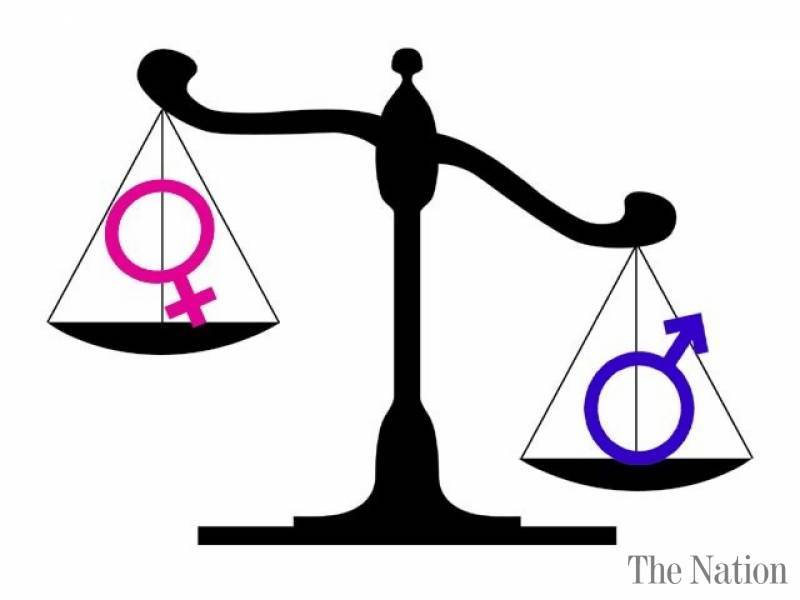Gender inequality is perhaps one of the most debated topics in the modern world. It plagues multiple societies - some in very obvious ways while others in more subtle ways. Sad as it is, our country is a country that has a severe level of gender inequality. According to the 2015 Human Development Report released by the United Nations Development program, Pakistan ranks 121st out of 155 countries in gender inequality an example of which is the fact that merely 19.3 per cent of women reach secondary education compared to 46.1 per cent of men. With many activists now seeking to change this situation, it is important to highlight where gender inequality stems from. Is it something that arises once women set foot outside their houses? Does gender inequality take birth in schools, colleges or workplaces or is there a much deeper root to the problem?
As much as we like to deny it, the most basic of gender inequality arises inside common Pakistani households. While this statement may compel you to believe that by a common Pakistani household I mean houses in villages and rural areas, I refer to households all over Pakistan both in villages and big cities as common Pakistani households. Gender inequality is something that is not restricted to the average income, social status and educational status of a family. While many argue that they have witnessed upper class families to be liberal and treat both genders equally, there are countless examples of elite families discriminating between the genders.
Gender inequality arises when intentionally or unintentionally, the male child of the family is preferred over the female. It arises when boys are expected to get lower grades than girls. It arises when a girl is told to let her brother go on the swing before she gets to do so. Gender inequality arises when a young girl is made to believe that she is weak and her brother is there to protect her. It arises when a girl has to ask her school going brother to drop her to college. I have nothing against brothers doing all these things for their sisters as long as it doesn’t insinuate that the brother is superior to the sister in any way. Unfortunately, small actions lead to larger complications in the long run.
It is very common for people to assume the youngest child is a male child in a family that has several female children but just one male child. It shows how people keep trying for a male child and in the process end up with girls. It shatters the confidence of these female children, who despite being loved and cared for, understand that their parents would have preferred them to have been a boy.
Gender inequality arises when girls are told to make ‘bhai ki favourite dish’ for iftari. While there is absolutely no harm in treating your brother to things that he likes, it becomes an unfair practice if everything is done according to the likes and dislikes of one person in the house. Gender inequality arises when a brother or husband sits back and relaxes like a king on an average Sunday while the women of the house are instructed to work in the kitchen. It arises when women take pride in suggesting that their sons have never set foot in the kitchen.
If one looks at all these factors, a shocking revelation is made; it is actually older women who promote gender inequality. This again is a sad outcome of how a male dominated society moulds its women. Older women, who have perhaps lived their lives seeing men dominate the world, begin to impose these norms on younger generations too. Over their lives, they become brainwashed into accepting the flaws in our society and end up at a stage where they don’t believe the flaws to be flaws at all. Gender inequality will not cease to exist till women stop promoting it altogether. Gender inequality in schools, colleges and offices can be curbed by taking a very simple step; by stopping gender inequality at home.






